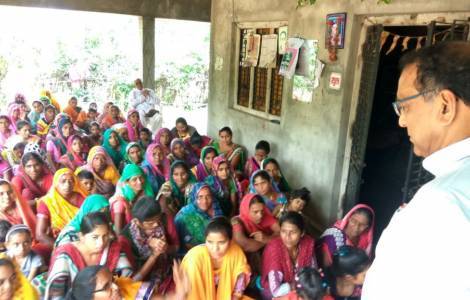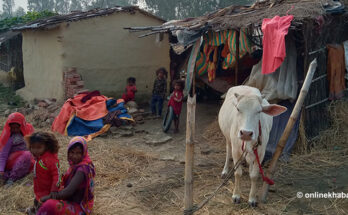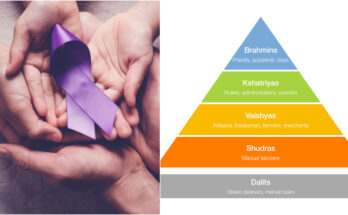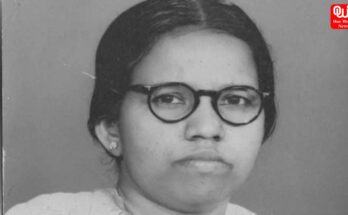
Dalits (so-called “outcastes”) who convert to Christianity or Islam will lose the privileges and prerogatives granted by law to the “scheduled castes,” the official definition of various historically disadvantaged social groups. This was announced by Devendra Fadnavis, Prime Minister of the Indian state of Maharashtra, citing a Supreme Court ruling of November 26, 2024. These privileges and prerogatives, according to Fadnavis, will only be granted to Buddhist, Hindu, and Sikh Dalits, but not to those of Christian or Muslim faiths.
According to observers, the Court’s ruling will have significant implications for Dalit communities (formerly known as “untouchables,” meaning groups historically socially, economically, and politically marginalized in India’s caste system), who continue to suffer discrimination based on caste and religion, denying them essential benefits in education (such as government-funded scholarships) or employment (such as reserved quotas in the public sector).
The measure relates to the 1950 Presidential Decree which identifies specific social groups (the “Scheduled Castes”) as eligible for public benefits and assistance in education, employment, and political representation, in order to address historical social and economic disadvantages. The Decree initially limited these benefits to Hindus but was later amended to include Buddhist and Sikh Dalits, but not Christians and Muslims.
Representatives of these communities have been demanding equal treatment and opportunities for Christian and Muslim Dalits in Indian law for decades. The National Council of Dalit Christians (NCDC) has filed appeals with several state courts and the Supreme Court, demanding that the quotas reserved for Dalits be made “religion-neutral” based on the principle of equality enshrined in the Constitution, thus ensuring that Christian and Muslim Dalits are included in the benefits regardless of their faith.
However, the courts have so far failed to agree with them. In an April 2025 ruling, the Supreme Court of the state of Andhra Pradesh ruled that members of scheduled castes and tribes who convert to Christianity cannot invoke the provisions because “the caste system is alien to the Christian faith.” The court ruled that, under current law, Dalits who profess Christianity or Islam cannot claim “scheduled caste” status with the associated benefits. This ruling, too, is now before the Supreme Court.
The Indian government also established a special commission of inquiry in 2022, headed by the Ministry of Social Justice, to examine whether the “Scheduled Caste” (SC) status could be extended beyond Hindus, Sikhs, and Buddhists to citizens who have converted to other religions. The commission, which was originally scheduled to complete its work in October 2024, was granted an extension, meaning it does not have to submit a report on its work until October 2025. (PA) (Agenzia Fides, 7/8/2025)
Source: Fides



